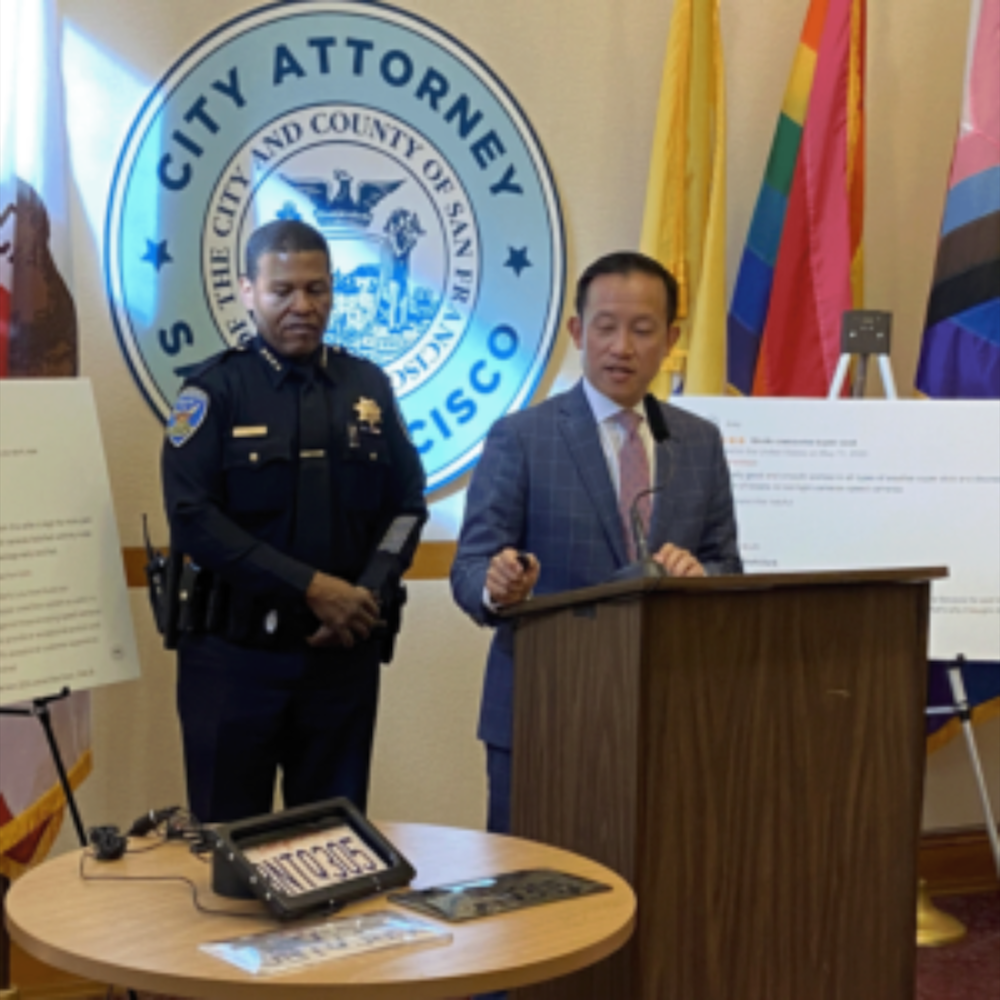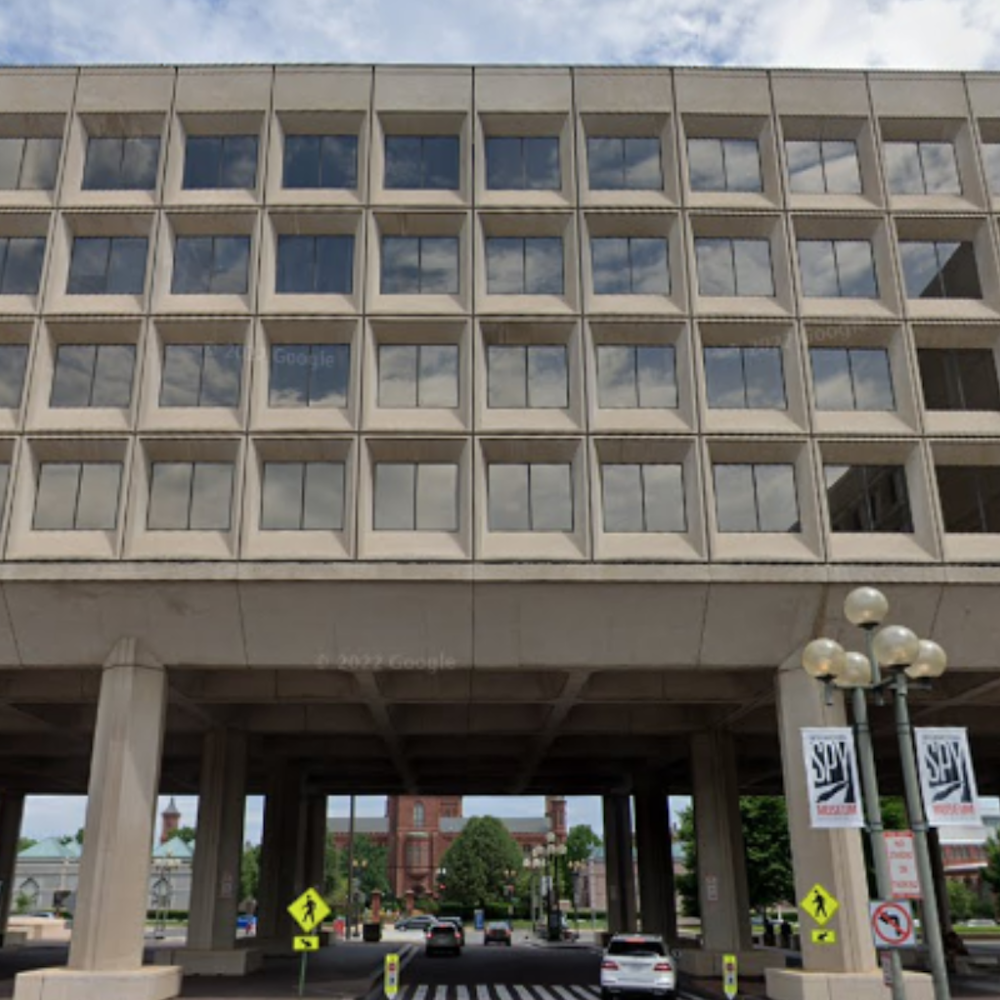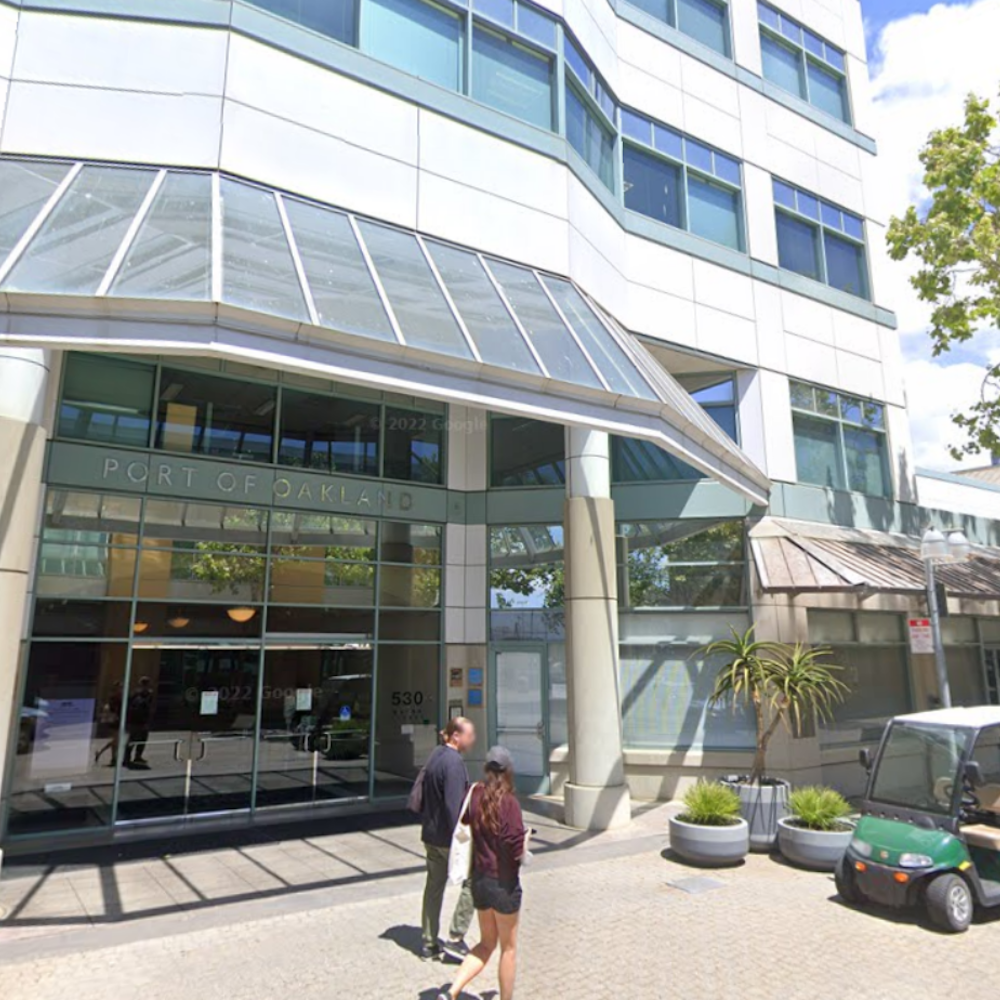
In a landmark move for individuals with disabilities, Massachusetts has settled a class action lawsuit aimed at boosting community living options for nursing home residents. The agreement, announced by the Executive Office of Health and Human Services, promises more than $1 billion in investments over the next eight years, specifically targeting the transition of at least 2,400 individuals into community settings.
The case, titled Marsters v. Healey, was propelled by six individuals who, due to lack of state support, couldn't leave their nursing facilities to rejoin the community. As part of the settlement, Massachusetts will roll out rental vouchers for those with disabilities seeking to live independently, and also establish new residential settings. "This settlement is a natural next step forward as our administration expands community living options available for individuals residing in nursing facilities," Governor Maura Healey said, according to a press release.
Healey's administration has stressed the importance of reducing disparities and promoting equity for seniors and people with disabilities and mental illness in the state. The Lieutenant Governor, Kim Driscoll, echoed this sentiment, emphasizing Massachusetts' dedication to fostering home and community-based services over facility-dependent ones. The drive for less restrictive, more inclusive care options for the state's aged and disabled population has now loomed large in state policy.
Under the new agreement, teams will be appointed to guide nursing facility residents through their choices for community-based care. Individuals with mental illness will get enhanced care coordination to expedite their discharge, "MassHealth is committed to facilitating the transition of our members back to their communities of choice," said Mike Levine, Assistant Secretary for MassHealth, in a statement from the Massachusetts press release. The state's initiatives received applause for their inclusivity from advocates representing the plaintiffs, highlighting a significant stride in justice for aging populations and those with disabilities.
The original plaintiffs of the lawsuit shared their relief and excitement about the settlement's implications for their lives. Lorraine Simpson expressed her longing to leave the nursing facility she's been in for two years to return to her usual self-reliant life. Richard Caouette, a veteran and formerly independent citizen, compared his nursing home experience to "living under martial law," as he looks forward to regaining his freedom. The MassHealth program, along with other state initiatives, currently allocates over $5.8 billion annually to support community-based care, representing a substantial portion of Massachusetts' spending on long-term care services.
Additional measures by the state to enhance community-based care include investing American Rescue Plan Act funds to bolster such services and renewing the MassHealth Money Follows the Person Demonstration, which assists in transitioning nursing facility residents to community settings, according to the press release.









